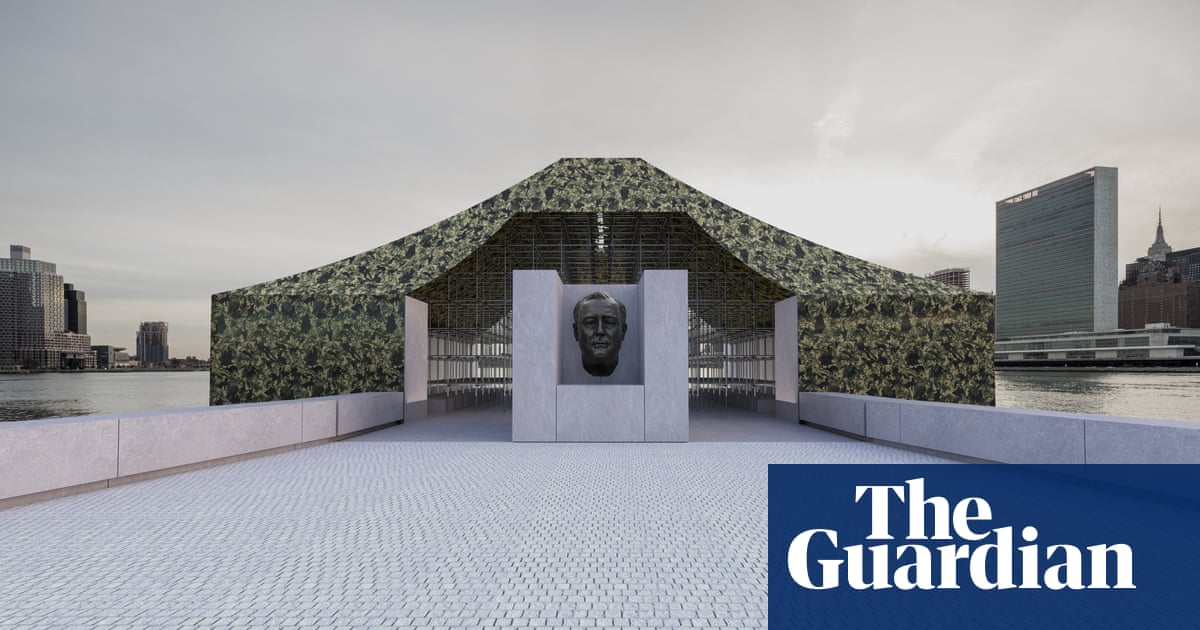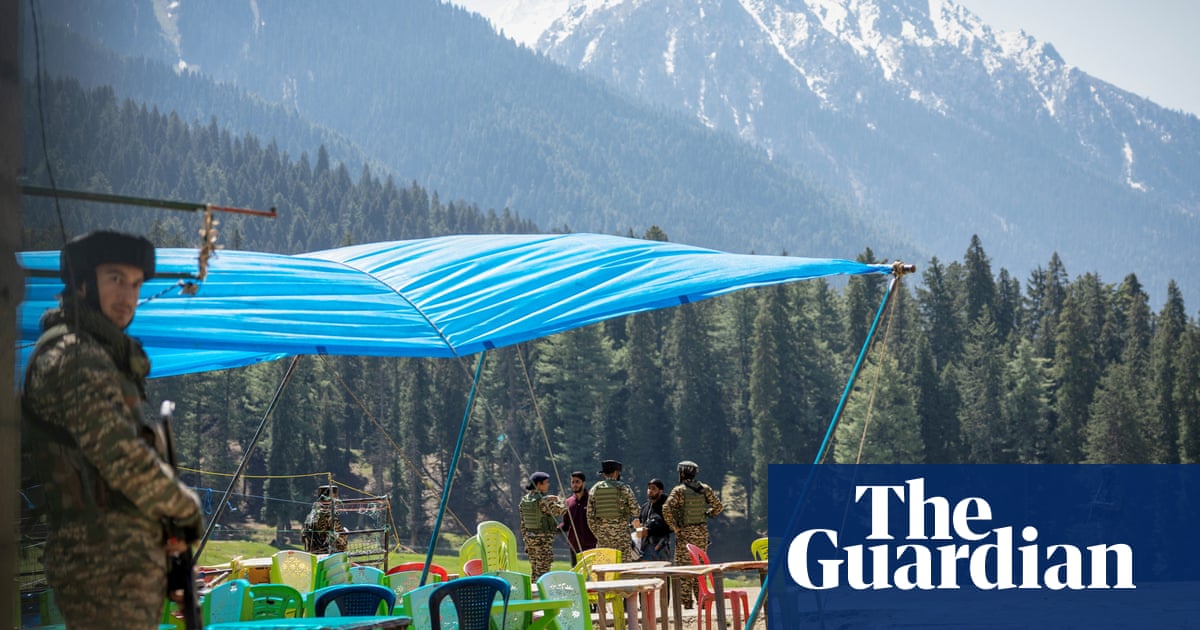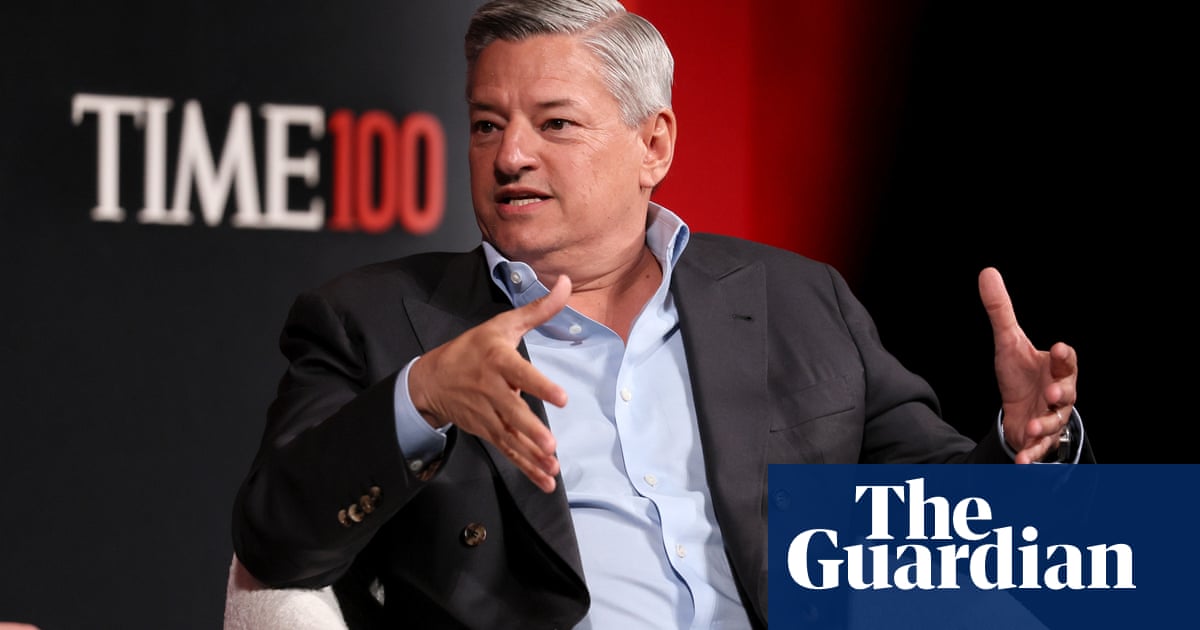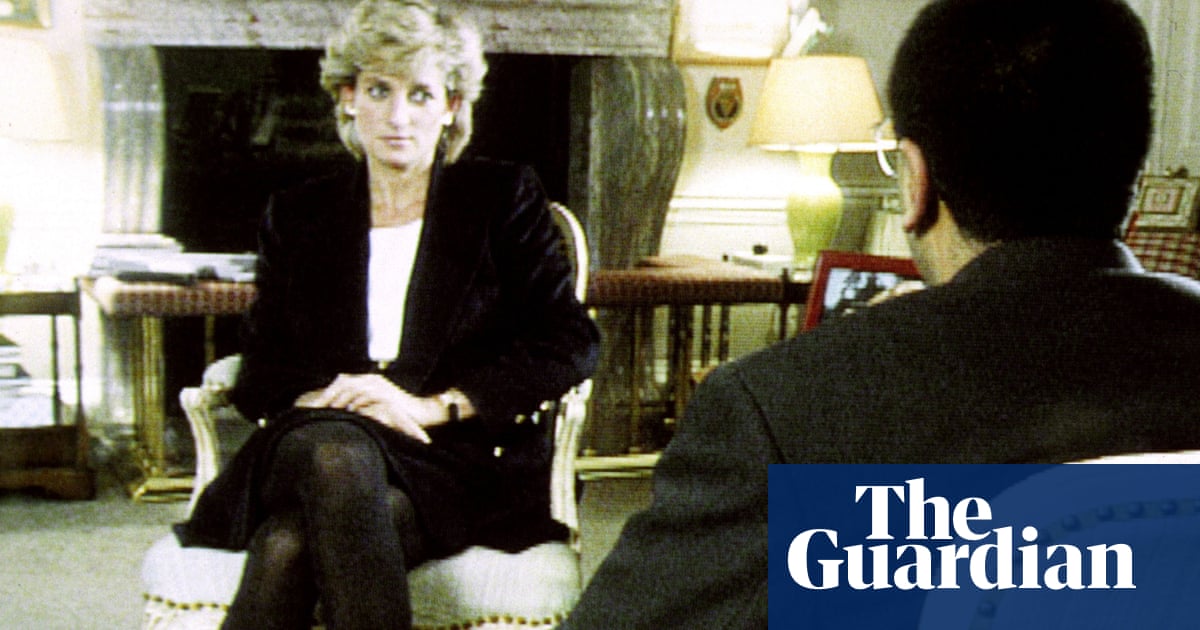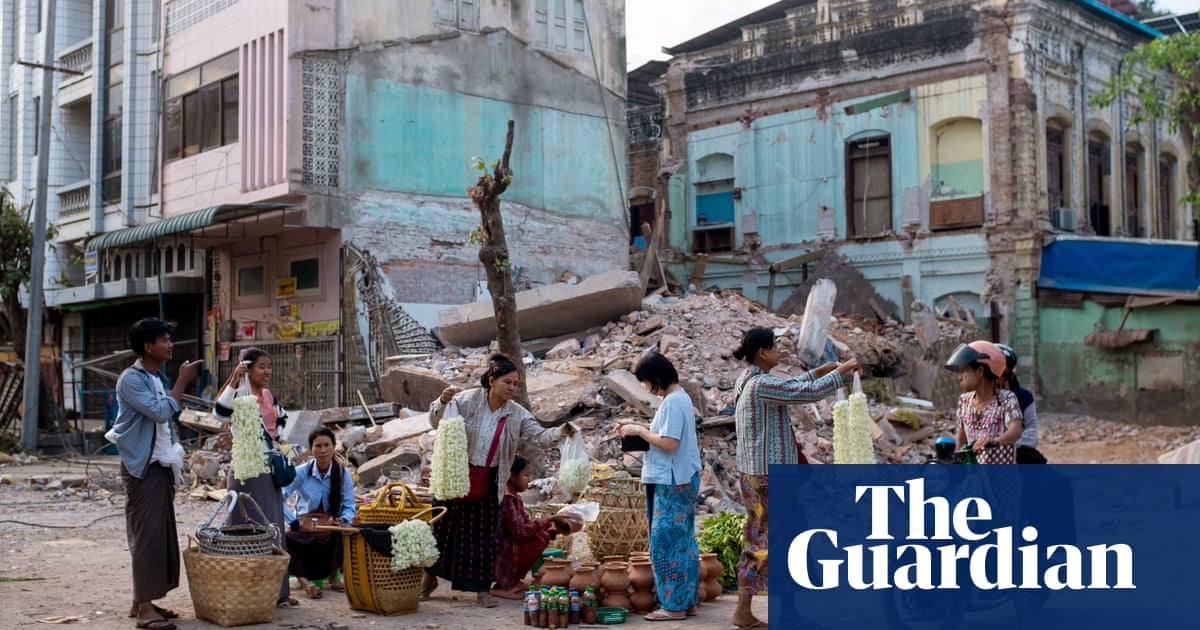In the new and final season of Andor, an occupied civilian population is massacred; their cries for help ignored by the Empire-run media, which instead paint the victims as terrorist threats to public safety. Meanwhile, the politicians who have enough backbone to speak out, and use the word “genocide” to describe these aggressions, are met with violent suppression.
Andor goes there. And when it does, Star Wars fans will be forced to reckon with how this story isn’t about what happens “a long time ago, in a galaxy far, far away”. It’s about what’s unfolding right now in Gaza.
Sure, we’re talking about a prequel to a prequel to the most popular escapist fantasy of the past half-century. So not exactly the kind of show you turn on expecting an urgent and furious indictment of the most contentious conflict of our time, where Israel has reportedly killed more than 60,000 Palestinians while those in the US protesting the continued violence, such as Mahmoud Khalil and Mohsen Mahdawi, face deportation.
It may feel especially surprising because Andor is coming out of Disney, which acquired the Star Wars franchise in 2012. This is the studio that reportedly got weak in the knees when their new Snow White star Rachel Zegler tweeted “Free Palestine”. And that’s not the first time Disney has shown a general aversion not just towards politicized content, but also inciting that loud section of their fandom who oppose identity politics and so-called “wokeness” in their movies. Back when Rogue One – the spinoff prequel that Andor leads up to – was arriving in 2016, Disney’s CEO, Bob Iger, responded to sentiments that the movie was anti-Trump – and “woke” due to its diverse casting – by declaring that it was not “a political film” in any way. “There are no political statements in it, at all,” he said.
But Star Wars has always been political. George Lucas spoke about the original 1977 movie, in which rebels battle an authoritarian empire, as modelled off the Vietcong standing firm against American imperialism. Even Lucas’s much maligned prequels – their confounding plot about intense trade embargoes now seeming prophetic in light of Trump’s tariffs – dramatized how fascism can be borne out of democracy. Revenge of the Sith (2005) even took swipes at George W Bush’s “war on terror”, with the movie’s young Darth Vader, played by Hayden Christensen, paraphrasing the then US president’s “you are either with us, or against us” remarks.
Andor, the best thing to happen to Star Wars since The Empire Strikes Back, is far more rigorous, intense and steeped in today’s language around occupation and self-determination – even if it can’t directly name the wars raging in our galaxy. As of this writing, the show’s creator Tony Gilroy (a writer on the Jason Bourne movies) hasn’t admitted to drawing from specific contemporary conflicts. However, he did, in an interview with Deadline, refer to the Russian Revolution, Haitian Revolution, the ANC and Palestine as all part of the cyclical history that informs the oppression and colonialism dramatized in the first season.
Gilroy’s labyrinthine thriller, which ditches the lightsabers and the force while striving for something more akin to The Wire than The Mandalorian, gets downright forensic in its accounting of how fascism sows the seeds for rebellion. The series, which premiered in 2022 and returned this week with its sophomore season, is built around Diego Luna’s Cassian Andor, one of the rebel spies who steals the Death Star plans beamed to Princess Leia in Rogue One.
The first season, set five years before Rogue One, is about Cassian’s radicalization as he endures military occupation, police brutality and the industrial prison complex. He also forges alliances among rebels who share a cause but are often fighting among themselves, because their goal posts, tactics and tolerance for violence vary.
Observers online saw in that premiere season’s storytelling the struggles for Black Lives Matter, Ukraine and Indigenous communities. But Andor recalled the Palestinian struggle most of all in its granular details, depicting communities living under the boot of a militarized force; their movement restricted, lands seized, holy sites desecrated and resistance often resorting to throwing rocks. Those associations are even more pronounced in the second season, which is arriving in three-episode chapters released weekly, each set a year apart to cover the remaining period leading up to Rogue One.
In the first episode, top-level imperial strategists meet in secret to workshop a plan to colonize Ghorman. The most scholared Star Wars aficionados – the kind who read the sourcebooks to role-playing games – would be familiar with the planet where the aforementioned Ghorman massacre, a flashpoint for the rebellion, takes place. We learn in Andor’s first episode that those events are set in motion because the Empire’s energy program is after a mineral buried deep within the ground. The extraction would require relocating Ghorman’s Indigenous population with “a hand firm enough to silence any resistance”, as Ben Mendelsohn’s imperial commander Krennic puts it.
Gilroy told the Hollywood Reporter that the 1942 Wannsee onference, when Nazi commanders gathered to plot the “final solution”, was inspiration for this scene, in which Imperial advisers boast about the strategic propaganda they disseminate to stir hatred towards the Ghorman population. The narratives they concoct, easing the pathways to genocide, recall antisemitic rhetoric used to vilify the Jewish population before the Holocaust, and so many other instances throughout history when propaganda swayed public sentiment towards violence.
They also hatch a plot to puppeteer the Ghorman resistance, incite rebel attacks and denigrate their entire population. “You need a radical insurgency you can count on,” says Denise Gough’s tyrannical imperial officer Dedra Meero. “You need Ghorman rebels you can count on to do the wrong thing.”

Her tactics echo Benjamin Netanyahu’s own. The Israeli prime minister, who is currently a fugitive from the international criminal court wanted for war crimes committed in Gaza, has been accused of propping up Hamas to sow division among Palestinians in the West Bank and Gaza, and serve his own agenda. He boasted to police interrogators (as seen in videos recorded between 2016 to 2018) that when it comes to Hamas, he’s “controlling the flames”. He even borrowed a line from The Godfather (“keep your friends close and your enemies closer”) to describe his relationship with the group that led the 7 October attack, which killed 1,200 Israelis and hand-delivered Netanyahu the war that is keeping him in power.
The parallels don’t end there. So much of the language in Andor’s second season immediately recalls the fear-mongering that facilitates the current onslaught against Palestinians in Gaza. Intergalactic news reporters paint Ghormans simply as terrorists, ignoring the imperial aggressions and settlements stirring their rebellion. Meanwhile, imperial commanders and agents working in counterintelligence stoke fears about outside agitators manipulating the Ghormans, much in the same way defenders of Israel’s unmitigated attack on Gaza would call Hamas a dangerous proxy for Iran.
In Andor, all these tactical narratives build towards that much-anticipated confrontation from Star Wars canon between the Ghorman population and imperial troops. During the standoff, the locals protest imperial occupation peacefully, singing a song about Ghorman identity. In their chorus, they repeat the words “valley, highland”, as if shifting the geography a bit from the chant that calls for Palestinian liberation (“From the river to the sea, Palestine will be free”). Meanwhile reporters serving the imperial agenda describe their protest as a “volatile insurrection”, justifying the subsequent and ongoing violence directed towards the Ghormans as the price of safety.
You know where Andor goes from there, and not just because it is drawing from the history of colonialism, occupation and genocide that is repeating itself in Gaza. Though the second season makes few concessions to the franchise, it’s still a prequel. Its narrative, somewhat disappointingly, still bends towards the original Star Wars movie. As political as George Lucas intended it, that fantasy, subtitled A New Hope, just feels a bit too tame and pat in our current reality.
Andor, which often feels like the story taking place in the gulf between our social media feeds and news channels, is fantasy too. It could only exist as a sci-fi story finding safety in a galaxy far, far away from Israel and Palestine. Only there could the word genocide be spoken out loud.

 2 hours ago
4
2 hours ago
4
